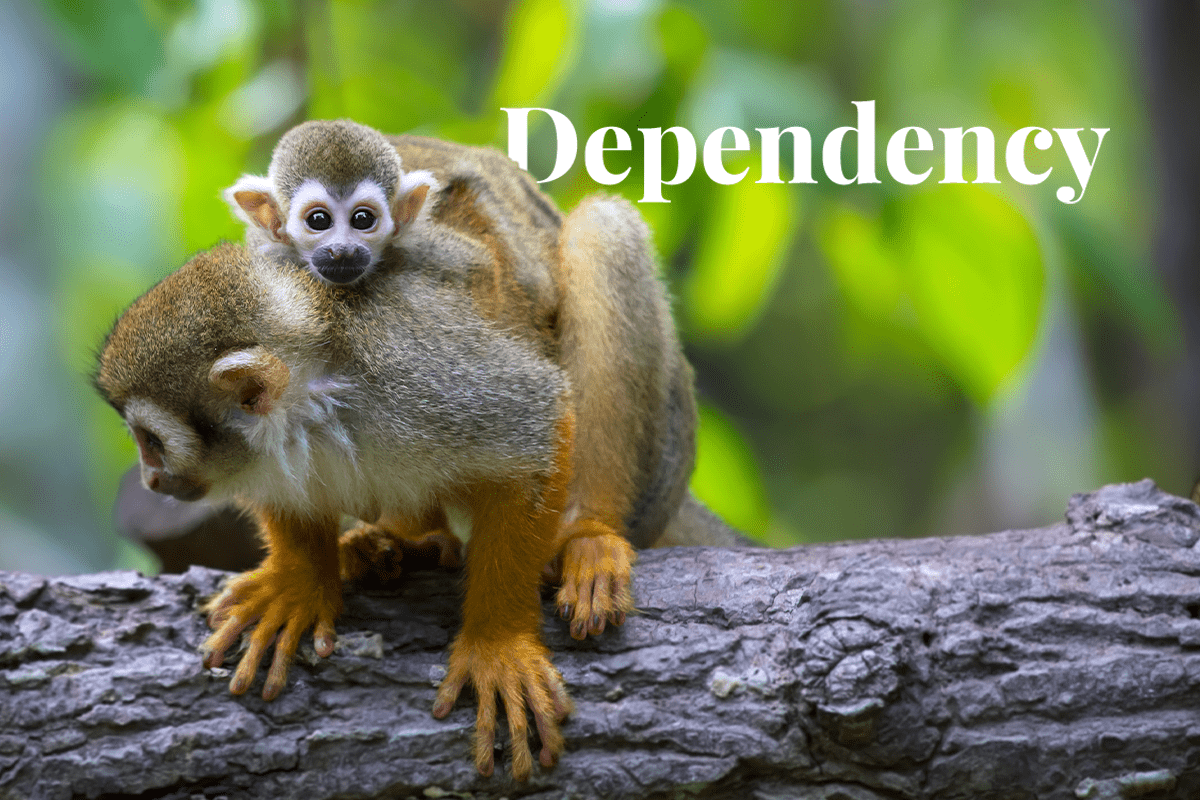S&P Global Sustainable1 has introduced Nature & Biodiversity Risk, a groundbreaking dataset that evaluates the impact of nature-related risks and dependencies on companies' direct operations. The dataset covers over 17,000 companies and more than 1.6 million assets, providing valuable insights into the connection between businesses and the natural world. It includes essential metrics such as dependency scores and ecosystem footprints, enabling companies, investors, and other stakeholders to understand their operational impact on nature and develop strategies for increased resilience.
 Squirrel monkeys on a tree in Amazon rainforest, Brazil.
Squirrel monkeys on a tree in Amazon rainforest, Brazil.
The Nature & Biodiversity Risk dataset aligns with the recommendations of the Taskforce on Nature-related Financial Disclosures (TNFD). It is designed to assist companies and financial institutions in mitigating nature-related risks. By utilising the platform, called S&P Capital IQ Pro, users can access the dataset and explore various risk metrics for a comprehensive understanding of their company's or asset's impact and dependency on nature.
Read more: The importance of biodiversity for healthy ecosystems and human life
Thomas Yagel, Chief Operating and Product Officer at S&P Global Sustainable1, emphasised the rising demand for quantifying both nature dependency and operational impact. The dependency score within the dataset measures the reliance of businesses on 21 different ecosystem services, taking into account the expected resilience risk of the ecosystems in which they operate. It ranges from 0 to 1.0, with higher scores indicating greater dependency risk. The ecosystem footprint metric assesses a company's direct operational impact on biodiversity and nature, considering the land area, ecosystem degradation, and ecosystem significance.
Measure your environmental impact
Steve Bullock, Global Head of Research and Methodology at S&P Global Sustainable1, highlighted the dataset's significance, revealing that 85% of the world's largest companies depend significantly on nature. Additionally, the analysis of S&P 1200, comprising the most prominent public companies globally, uncovered that 46% of these companies have assets located in Key Biodiversity Areas (KBAs), exposing them to potential regulatory and reputational risks. The dataset presents a crucial step forward in quantifying nature-related dependencies and impacts for over 1.6 million real assets worldwide.
With its comprehensive nature-related risk assessment and alignment with TNFD recommendations, the dataset is a powerful tool for market participants seeking transparency and informed decision-making. It contributes to a more sustainable and resilient future by enabling companies and investors to proactively address nature-related risks and capitalise on opportunities. At DGB Group, we value transparency and equity in all our endeavours. Our projects use cutting-edge technology to ensure their effectiveness and long-term sustainable impacts.
Contact us to make a positive impact on nature



